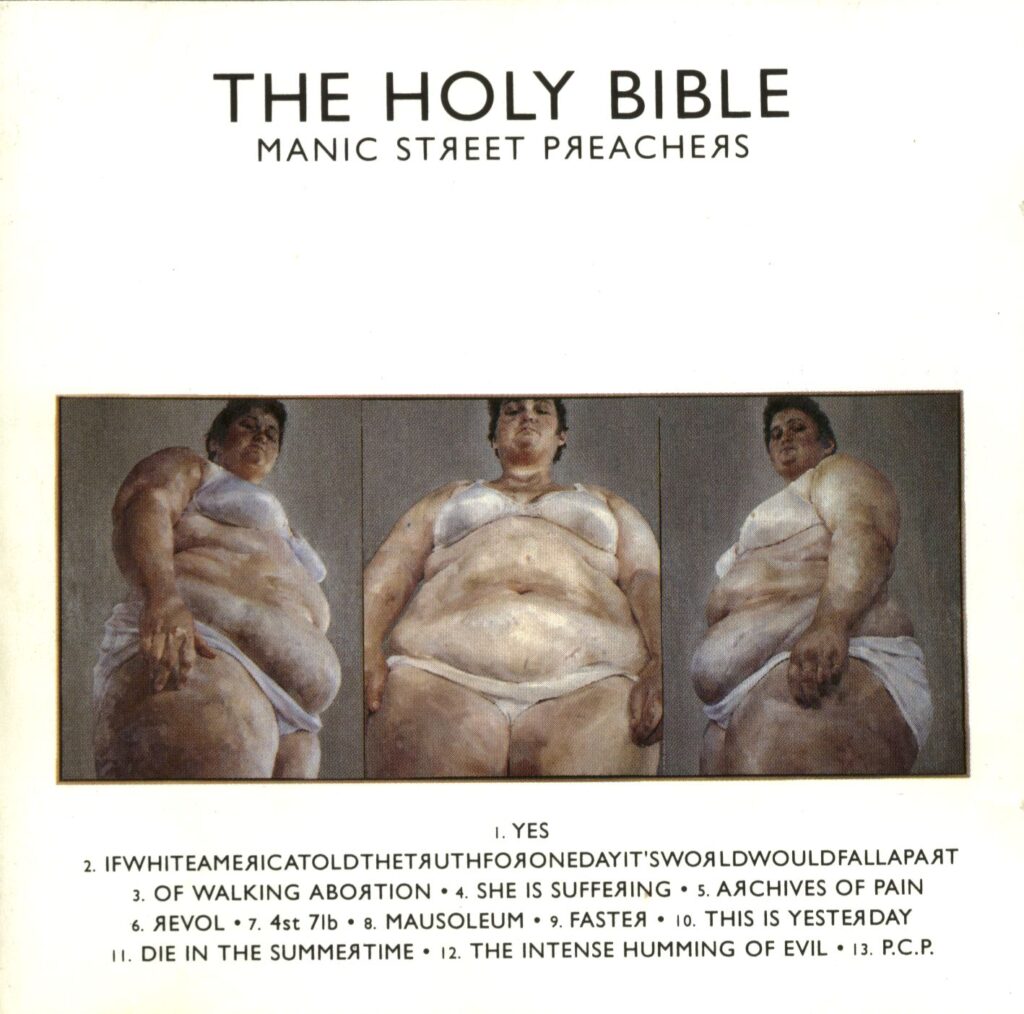Britpop (a word composed of “British” and “pop”) is a sub-genre of alternative rock that was developed in the UK in the early 1990s. Not only was it seen by all as a reaction to the neurotic American grunge movement (Nirvana, Pearl Jam…), it was also a reaction to the ethereal and noisy style of shoegaze (My Bloody Valentine, Slowdive…), both appreciated by the British public in the early 90s.
In this way, Britpop intended to return to a more traditional rock style, characterized by guitar melodies, catchy pop choruses and a sound tailored for radio stations, while becoming the heir to a wide range of earlier English music. Bands such as Oasis, Pulp, Blur, Supergrass, Suede and Manic Street Preachers were the reason for the huge success of Britpop in the 1990s. Nevertheless, the genre went into commercial and critical decline around 1997 due to the lukewarm reception of Oasis’ third album, Be Here Now, following two exemplary albums, and Blur’s decision to distance itself from the genre.
The British press then focused on Radiohead and The Verve, considered more ambitious than their peers but less representative of the typical Britpop sound. Yet, at the turn of the millennium, bands with glory such as Coldplay, Travis and Doves gave a second wind to Britpop while not forgetting to show an international face. In this article of Gazettely, we want to introduce some of the most popular Britpop albums of the 1990s.
This was Richey Edwards’ album and its last cry: a bunch of full-bodied quotes, philosophy not quite understood, a social romanticism, wordplay, late adolescent poetry and dislike of the world. Performing live, Edwards bounced around alongside the three musicians, infrequently in the picture; Poster Boy, Heretic, Martyr all at once.
According to Nicky Wire, in retrospect, Edwards would read five books in a week – the bassist, who had married in 1994 and liked to vacuum at home, was unable to keep up. Most lyrics came from Richey Edwards, which then threw the chunks to James Bradfield, which had to write the music to “Yes”, “Archives Of Pain”, and “Revol”. The vocalist remembers his first irritation.
“The Holy Bible” was the third work by the Manic Street Preachers; it was a call to arms after the bloated “Gold Against The Soul.” Realizing that “Generation Terrorists” provocation had quickly evaporated, the band was ready to take up arms. Now they draped themselves in desolate military rags draped with medals, Bradfield donned a bobble hat – and thus they rocked through English TV: “Faster,” “PCP,” “She Is Suffering.” Glastonbury. Readings. Guitars smashing. Revolution starts here.
It wasn’t all bluster, though. James Bradfield managed some of his finest songs to the difficult masses of lyrics, “She Is Suffering,” “Die In The Summertime,” the memorable riff of “Faster:” “I am stronger than Mensa, Miller and Mailer.” At the time, almost no one wanted to understand “The Holy Bible.”
Today, Britain’s music press celebrates the unwieldy pamphlet against consumerism, the United States and inertia as a triumph for the Welsh – though it was actually “Everything Must Go” that made the Manic Street Preachers universally popular. Richey Edwards had already disappeared by then, considered lost for years, and in the meantime reported dead.


















































Discussion about this post